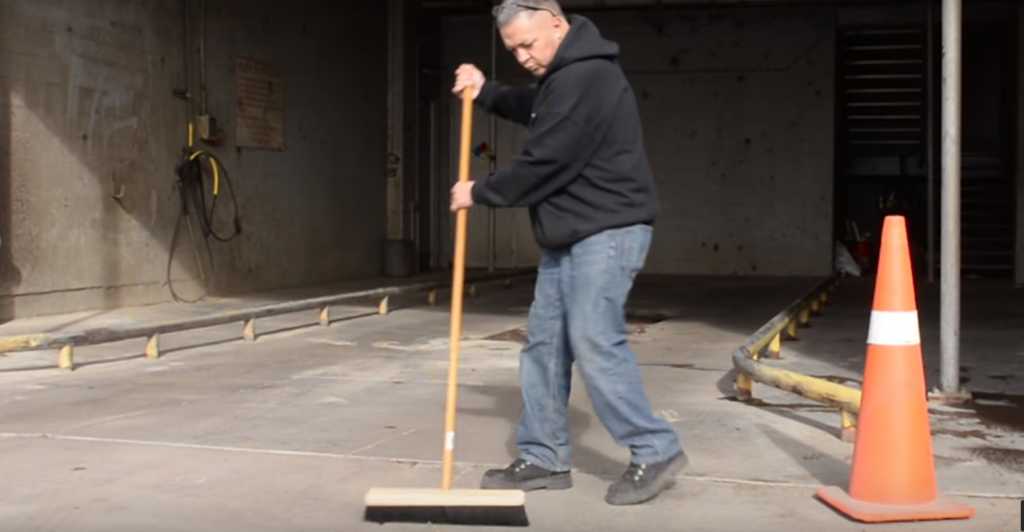When Denver’s civic authorities rolled out a new initiative to employ homeless people around the city, they could have never imagined the long-term impact it would have. Some 284 people have participated in the program over the past year. Now, 110 of the participants have found long-term work as a result, 15 of which have been hired by the city itself.
The Denver Day Works program, which launched on November 1st, 2016, paid homeless residents $12.50 per hour to perform public service work for the city. Their employment is not subject to background checks – something that ensures the past crimes of any of those seeking employment are not held against them. According to the DenverGov.org website:
“The Denver Day Works Pilot Program is a supported work program designed to provide a low-to no-barrier work experience for people throughout the city who are experiencing homelessness, while also connecting participants to supportive services such as food, shelter, and other necessities.”
The city also detailed that $109,000 in wages have been paid to participants involved in the program.
Employees are entitled to prompt payment and financial management assistance to get them back on their feet.
“The contractor administering the program on behalf of the city will pay Denver Day Works participants at the end of each shift and they will be offered access to financial planning services at no cost to participants,” DenverGov.org details.
“If you are able and willing to better yourself and get up and do something, rather than just sitting and being stuck, Denver Day Works is there,” says Crystal, a program participant. “They will help you with anything. They got me through a lot of tough situations. When we didn’t have anything, they were there.”
“This program gave me purpose.”
Craig, another participant who works for a laundry truck, detailed the incredible difference the program has made to his life.
“It’s the difference between being homeless and being in an apartment and paying all my bills on time,” Craig said. “A pretty stellar change.”
“The lessons I have learned from the day work program has definitely transferred to the laundry truck; diligence, punctuality, timeliness, accountability.”
Craig says the aim of the program is to “see people succeed” and get out of tough situations.
Scott is another beneficiary of the scheme. He was a professional jeweler until the recession hit. He lost everything.
“My morale’s been down for years, energy was down. Now that I’m with day works, things are getting better. I’m no longer in a homeless shelter. The biggest thing they’ve done for me is to build my morale – to give me hope for the future.”
Another participant, Jeffrey, described the difficulty of attaining regular employment when you have a criminal record.

“I’ve had to start over quite a few times. In most mainstream job situations, if you tell them that you’ve ever been locked up, they don’t give you the job,” he said.
Jeffrey also talked about the benefits of getting a fair wage for the hours work. Many homeless people who are desperate for a job will be exploited in the workplace or paid well below the minimum wage.
“I was looking for a place that would help me get full-time work and get back on my feet. A full 40 hours a week. I don’t have to put in 15 hours to get an 8-hour payday,” Jeffrey added.
The scheme also offers emergency housing to participants while they back on their feet and find their own place.
“I got a place to live. It’s a little humble studio but its nice,” said Larry, another participant in the scheme. “I feel very much more comfortable and confident. I can see a much more positive future as opposed to negativity and doubt of what was going to go on with me.”
“I’m happy that they cared that I succeeded. That really made a difference.”
“Our goal is to help those who work hard and do well to develop workforce skills and, ultimately, connect them with employment and a more stable quality of life,” Hancock said when the program launched, as reported by Denver Post.
Now a year in, Hancock is delighted with the superb outcomes from the program. “They are hungry for the opportunity to work hard,” he said of the participants, “to achieve their personal dreams and to take their self-sufficiency in their own hands.”



